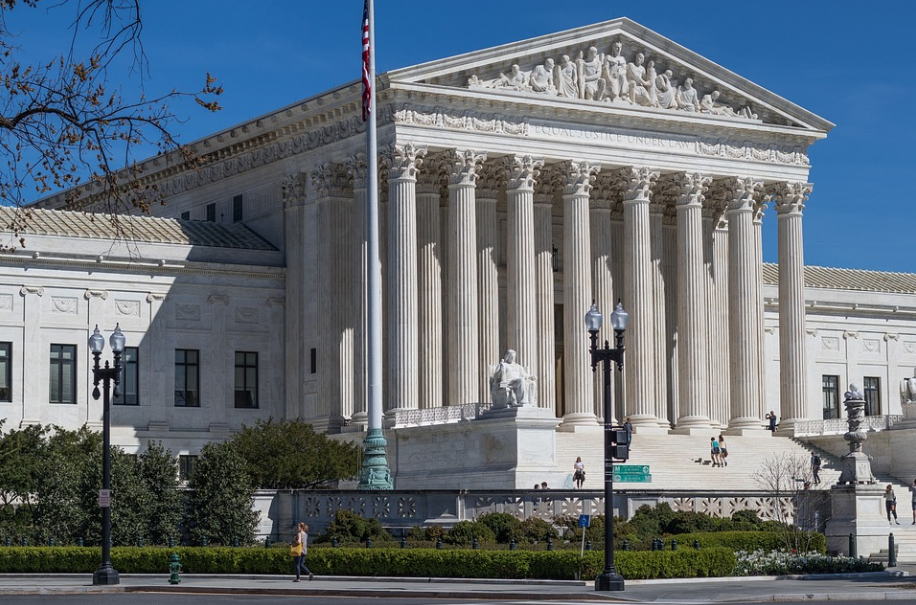Alabama Center for Law and Liberty (ACLL) president Matt Clark told 1819 News on Thursday morning that he thinks diversity, equity and inclusion (DEI) programs at public universities could face legal challenges after the U.S. Supreme Court (SCOTUS) ruled against affirmative action in college admissions.
Affirmative action policies and programs give preference to particular minority groups, such as black people and Latin Americans, over other ethnic groups, such as white and Asian people.
SCOTUS ruled on Thursday morning that affirmative action in college admissions violated the 14th Amendment’s Equal Protection Clause.
“Because the Court held so strongly that the Equal Protection Clause does not tolerate distinctions between races, I think that DEI programs at public universities are in trouble after today's decision,” Clark explained. “DEI is closely related to affirmative action. It appears to me that the Court's rationale makes at least the racial aspects of DEI programs presumptively unconstitutional.”
Student advocacy group Students for Fair Admissions (SFA) filed cases against Harvard and the University of North Carolina (UNC) in 2014, suggesting that the universities’ affirmative action violated Title VI of the Civil Rights Act by discriminating based on race, color and national origin while receiving federal funding.
UNC is the nation’s oldest public university in the United States. While Harvard is the nation’s oldest private college, it still receives federal research grants.
Specifically, the plaintiff argued the policies discriminated against Asian-American students.
The U.S. Court of Appeals for the First Circuit initially ruled in favor of Harvard, arguing that the “observed discrimination” affected a minor pool of Asian-American students and that the plaintiffs lacked evidence to prove the school had violated the Civil Rights Act.
In a separate case, a federal district court ruled in UNC’s favor.
SCOTUS overturned both cases, ruling against UNC 6 to 3 and against Harvard 6 to 2. Justice Ketanji Brown Jackson recused herself from the Harvard case due to her previous involvement with the university’s advisory governing board.
Thursday's ruling reverses several prior SCOTUS rulings that upheld race-based college administration programs.
“The Court today sent a strong message that the Constitution does not tolerate distinctions on the basis of race,” Clark said. “Due to bad precedent, the Court had allowed racial discrimination in college admissions to advance the goals of achieving a diverse student body and fixing past discrimination. But even then, the Court conceded that such programs would have to end at some point.”
“Today, the Court essentially held that this time has come,” he continued. “While it stopped short of explicitly holding that affirmative action in college admissions is never acceptable, it gives those programs such a high hill to climb that it appears impossible to achieve. Any such program would have to satisfy the "strict scrutiny" test, which the Harvard and UNC programs failed.”
To connect with the author of this story, or to comment, email will.blakely@1819news.com or find him on Twitter and Facebook.
Don’t miss out! Subscribe to our newsletter and get our top stories every weekday morning.










